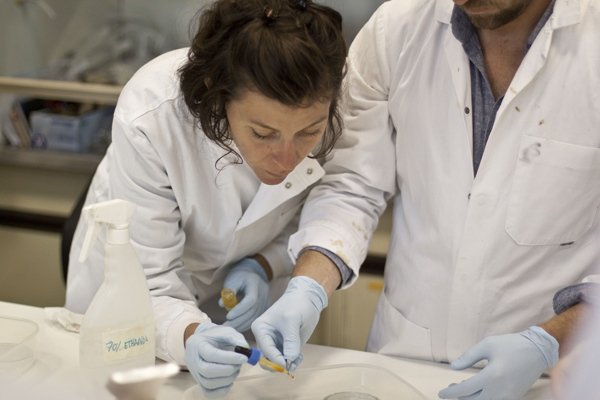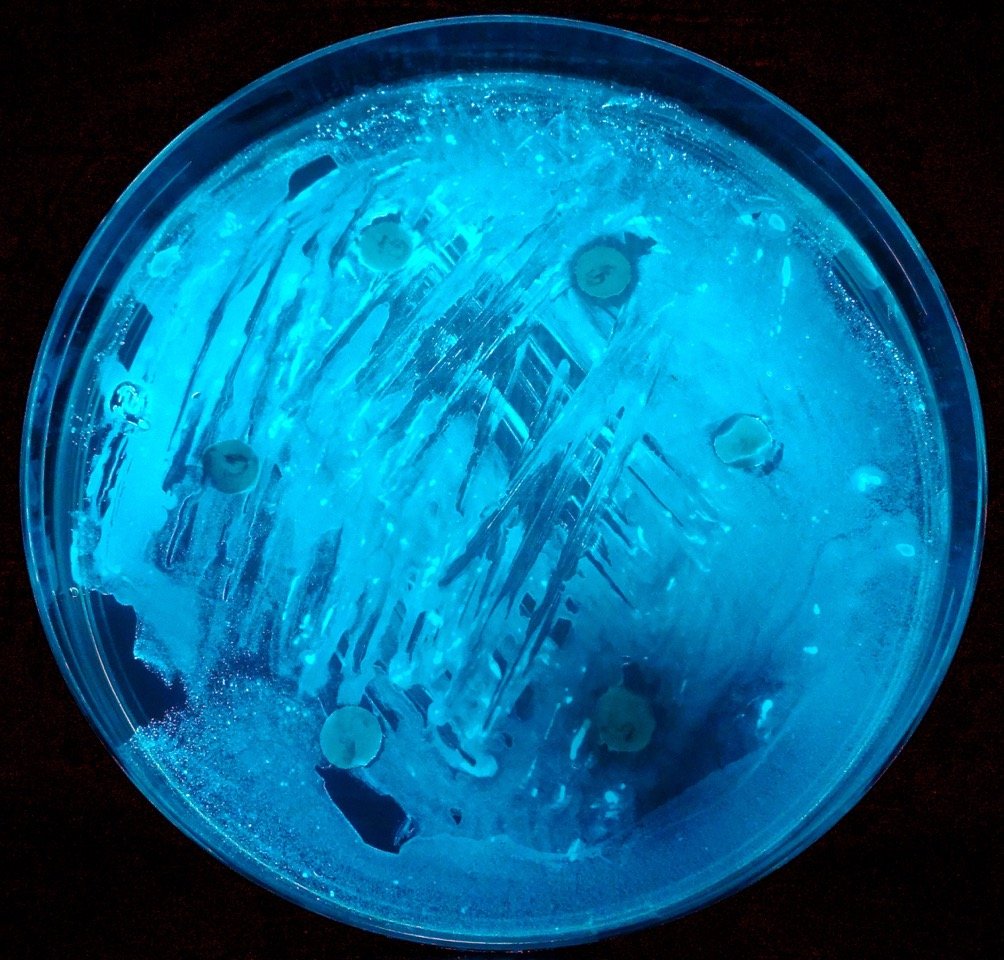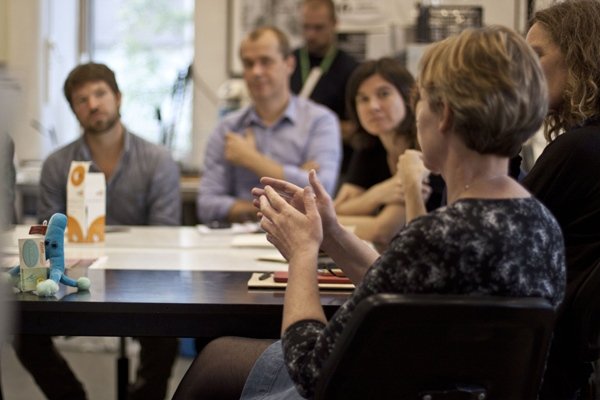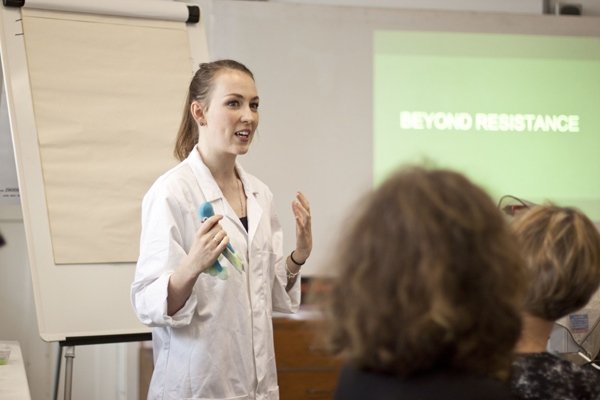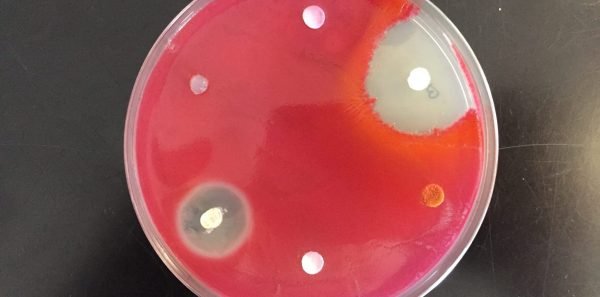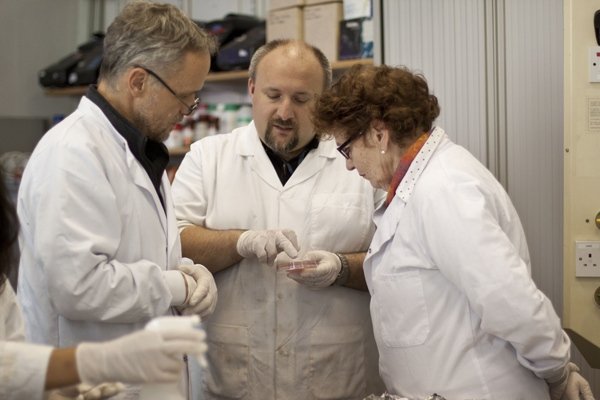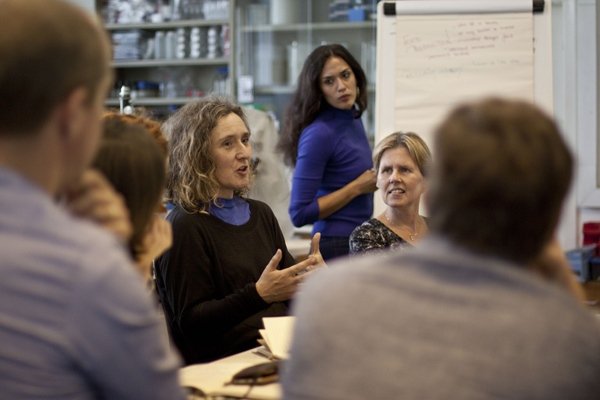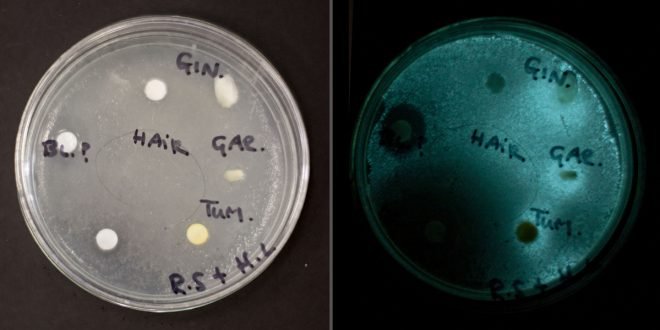Beyond Resistance Network
The Beyond Resistance Network runs in collaboration with the Edinburgh Centre for Medical Anthropology to bring disciplines together to reimagine responses to and conceptualisations of, antimicrobial resistance.
Beyond Resistance is a network established by anthropologist Iona Walker from the Edinburgh Centre for Medical Anthropology (EdCMA) to explore Anti Microbial Resistance through the social sciences, art and science in association with Atelier and Edinburgh Infectious Diseases (EID) and in collaboration with ASCUS Art & Science. ASCUS has been home to many coproduced workshops exploring antimicrobial resistance through interdisciplinary discussion and hands-on creative experimentation, combining the knowledge of scientists, artists, anthropologists and other researchers to reframe our relationship with microbes, catalyse collaboration and craft solutions to this global challenge.
BEYOND RESISTANCE Network launched with a half-day inaugural workshop for researchers on the 24th of August 2018. For the inaugural workshop, ‘reframing AMR’ was the central theme, with particular focus paid to finding alternatives to a militaristic understanding of infection and treatment.
BEYOND RESISTANCE inaugural workshop was held in association with the ASCUS Lab art science lab at Summerhall. By hosting the workshop in this unique venue, UK’s largest publicly accessible laboratory for interdisciplinary art/science experimentation, BEYOND RESISTANCE started as it means to go on: embracing the blurring of boundaries between artist studio, laboratory and lecture hall.
Reflecting this, the Network was delighted to welcome participants from a diverse range of disciplines: Microbiology, Medical Anthropology, Political Science, Architecture, Herbalism, Medical Sociology, Diagnostics, Social Work and Environmental Humanities.
This diversity was essential for the success of the workshop, as it ensured that the collaborative creative practice and ensuing discussions we engaged in were inclusive of a range of perspectives.
Creative practice to facilitate discussion and encourage imaginative thinking was a vital component of the workshop. By playing with bioluminescent bacteria and everyday microbial agents such as ginger, bleach, turmeric and soap in pairs of co-creators/contaminators participants were invited to test various antimicrobial agents for themselves. Further, participants were encouraged to use their creativity in using the glowing bacteria and antimicrobial agents to create images on agar.
Beginning with introductions from the attendees, stating their background and affirming the questions and approaches they would bring to the session, followed by a quick introduction to the network and the contributions made to understandings of AMR by various disciplines. As Art/Science, Science and Technology Studies (STS) have become increasingly recognised for their contributions in interdisciplinary spaces anthropology could be further utilised effectively. Inspiration for anthropological aspect of the workshop came from Anna Tsing’s Mushroom at the End of the World, where her call to “reopen our imaginations” has been received with enthusiasm. To catalyse the discussion, quotes from Tsing’s work were projected:
“Collaboration means working across difference, which leads to contamination. Without collaborations, we all die”
“Precarity is the condition of being vulnerable to others; we are not in control, even of ourselves”
“Without the ability to make workable living arrangements, species would die out. Each organism changes everyone’s world.”
Although her work immediately relates to critiques of economic exchange, Tsing’s embrace of multispecies ethnography to investigate problems of the 21st century inspires the kind of creativity that BEYOND RESISTANCE aims to channel. In relation to AMR, where understandings of our bodies as republics of viruses, bacteria and fungi are critical, Tsing’s work encourages us to begin to pay attention to the ways that these tiny non-human others are here integral for our own survival.
Our discussion was two part: preceding and following explorations in with the bioluminescent bacteria. Emerging from this free flowing discussion were conversations surrounding the use of antibiotics in the production of meat and dairy products. In particular, how we acquire, consume and think about food as well as the inequalities and challenges to ensuring the accessibility of sustainable nourishment.
Following the suggestion that the best way to cure a cough is with honey not antibiotics, bees entered the conversation. In the clamour to flock to valorise bees and the honey that they produce, we were urged to pay attention to the ways in which we continue to esteem certain creatures at the expense of others. Bees are farmed industrially using antibiotics and we must endeavour to protect all pollinators not just those for which we feel an affinity. Similarly, we cannot lurch from one ingestible saviour to another. No amount of honey turmeric lattes will save us, but we can learn to pay attention the qualities of the food we eat and the environment we cultivate.
This led us to questions of community, who is included and excluded from our communities? How does inequality manifest in the ways we craft solutions to problems like AMR? How can we better listen to those we want to help? Whose knowledge counts?
Turning to our inner world, our conversation traversed questions of productivity and the immune system. We asked what it would look like to privilege the productivity of our bodies in fighting infection over that of the demands of the workplace. In other words, allowing the body time to heal itself over the need to make it in for 8am Monday meeting. Is capitalism itself a barrier to solving the antibiotic crisis?
Although the workshop itself was confined to the afternoon of the 24th, the sites of experimentation (the bioluminescent bacteria on agar) required time to yield their results. Participants were invited back to the lab the following day to observe their work (pictured above). To further the reach of the workshop, BEYOND RESISTANCE and ASCUS Lab invited the cast and audience of the sell-out musical about AMR, The Mould that Changed the World to see the petri dishes for themselves. As such, we were able to extend the reach of the lab further and work in tandem with other Edinburgh communities to tackle AMR.
From the Inaugural Workshop in 2018
